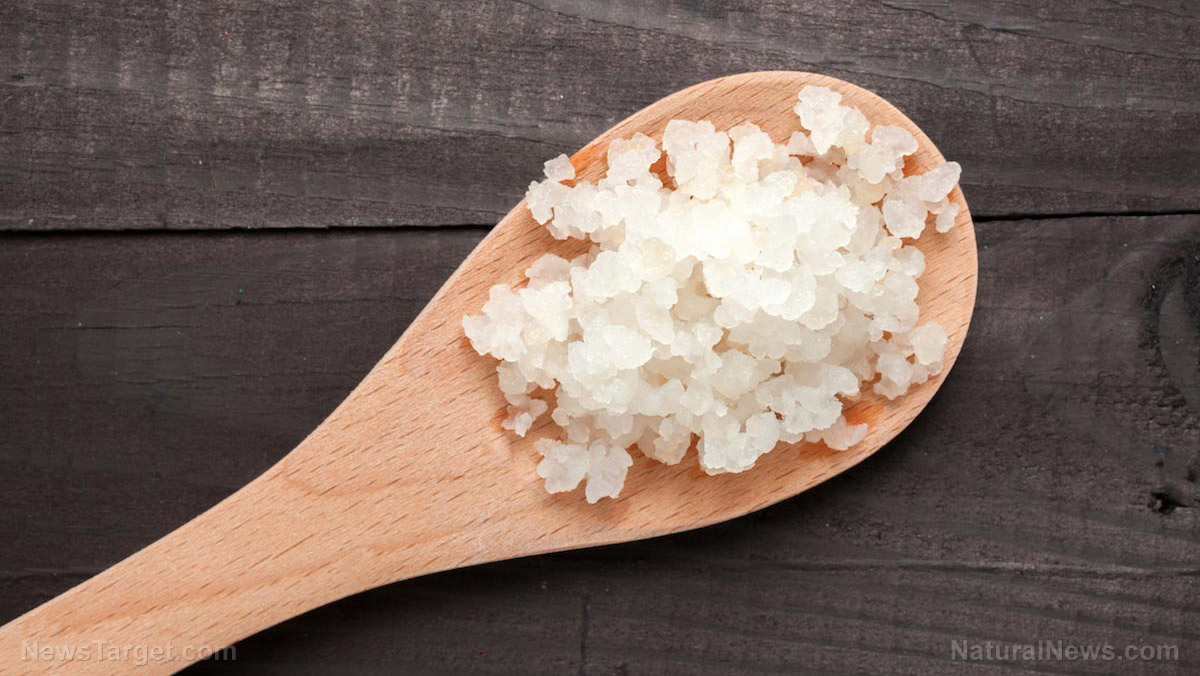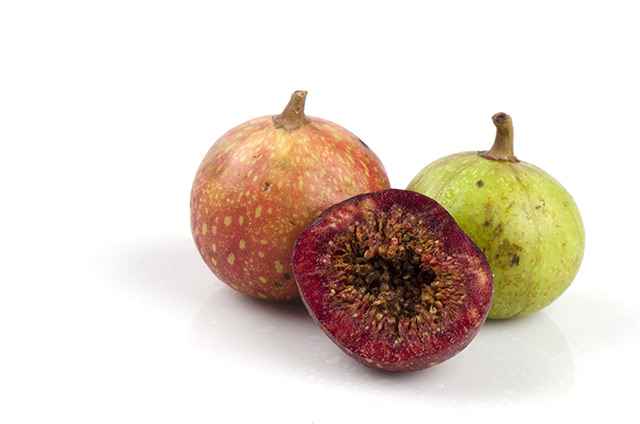Yogurt is a popular probiotic-rich food, but did you know that kefir, a cultured and fermented beverage, is also good for your gut?
According to a study, kefir can even help lower blood pressure.
A team of researchers from Auburn University worked together with researchers from the University of Vila Velha to study the effects of kefir on high blood pressure – or the health condition known as hypertension. The scientists involved in the study posited that consuming kefir can have “a positive effect on blood pressure by promoting communication between the gut and brain.”
Kefir is a fermented probiotic milk drink that can effectively help maintain the balance of “good” bacteria in the digestive system.
Earlier studies have confirmed that an imbalance in the gut’s microbiota, or colony of bacteria, can cause high blood pressure in some individuals. It has also been confirmed that probiotics, or the live bacteria supplements that are good for the digestive system, can help lower blood pressure. But it remains unknown how exactly probiotics affect blood pressure. (Related: Yogurt and probiotic-rich foods can help lower blood pressure.)
For the study, the researchers observed three groups of rats to figure out how kefir can reduce high blood pressure. The first group of rats was treated with kefir (“treated”) while the second group had hypertension and was not treated (“untreated”). The third group had normal blood pressure and was not treated (“control”).
Following kefir supplementation for nine weeks, the treated rats had lower levels of endotoxins (or toxic substances linked to a disruption in the cells), lower blood pressure, and boosted intestinal permeability, unlike the untreated group of rats.
When the intestines are healthy, they often allow some substances to pass through. However, they also act as a barrier to prevent harmful bacteria and other substances that may be dangerous from entering.
The researchers noted that kefir supplementation also “restored the natural balance of four different bacteria in the gut,” along with an enzyme in the brain that is crucial for normal nervous system function. They believe that this implies that the nervous and digestive systems work together to reduce hypertension.
They concluded, “Our data suggests that kefir antihypertensive-associated mechanisms involve gut microbiota-brain axis communication during hypertension.”
The other benefits of kefir
Aside from being good for gut health and reducing blood pressure, kefir has other benefits:
- Kefir can boost bone health and lower the risk of developing osteoporosis — Dairy-based kefir is rich in calcium. Kefir made from full-fat dairy is also full of vitamin K2. Both these nutrients are good for bone health.
- Kefir has antibacterial properties — Kefir contains probiotics that can help protect the body against infections. Lactobacillus kefiri, which is unique to kefir, can prevent the growth of harmful bacteria like E. coli, Helicobacter Pylori, and Salmonella. Additionally, kefir has kefiran, a carbohydrate that also has antibacterial properties.
- Kefir is a better probiotic than yogurt — While yogurt is often the probiotic of choice, kefir is a more potent source of probiotics. Kefir grains have at least 30 strains of bacteria and yeasts.
- Kefir is full of various nutrients — Kefir contains calcium, magnesium, phosphorus, protein, riboflavin, vitamin B12, and vitamin D.
You can read more articles about the benefits of kefir and other probiotic-rich foods at Healing.news.
Sources include:
The-APS.org
Healthline.com




















